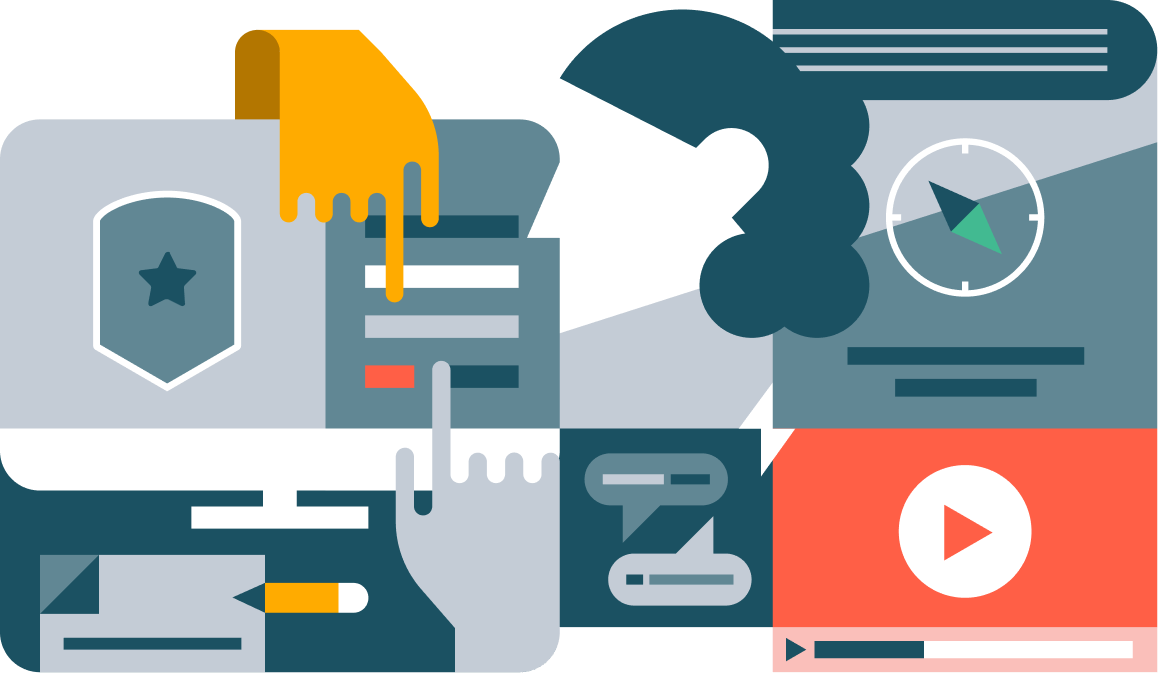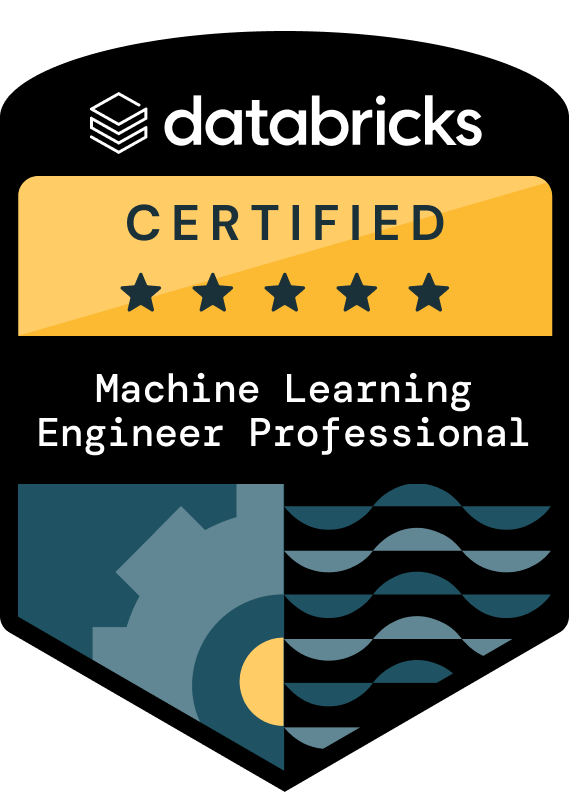Databricks Certified Machine Learning Professional
Use Databricks Machine Learning and its capabilities to perform advanced machine learning in production tasks


Databricks Certified Machine Learning Professional
The Databricks Certified Machine Learning Professional certification exam assesses an individual's ability to design, implement, and manage enterprise-scale machine learning solutions using advanced Databricks platform capabilities. This includes proficiency in building scalable ML pipelines with SparkML, implementing distributed training and hyperparameter tuning, leveraging advanced MLflow features, and utilizing Feature Store concepts for automated feature pipelines. The certification exam evaluates expertise in MLOps practices, including testing strategies, environment management with Databricks Asset Bundles, automated retraining workflows, and monitoring using Lakehouse Monitoring for drift detection. Additionally, test-takers are assessed on their ability to implement deployment strategies, custom model serving, and model rollout management. Individuals who pass this certification exam can be expected to perform advanced machine learning engineering tasks at enterprise scale, implementing production-ready ML systems with comprehensive monitoring, testing, and deployment practices using the full feature set of Databricks.
This exam covers:
- Model Development - 44%
- ML Ops - 44%
- Model Deployment - 12%
Assessment Details
Type: Proctored certification
Total number of scored questions: 59
Time limit: 120 minutes
Registration fee: $200
Question types: Multiple choice
Test aides: None allowed
Languages: English
Delivery Method: Online or test center
Prerequisites: None, but related training highly recommended
Recommended experience: 1+ years of hands-on experience performing the machine learning tasks outlined in the exam guide
Validity period: 2 years
Recertification: Recertification is required every two years to maintain your certified status. To recertify, you must take the current version of the exam. Please review the “Getting Ready for the Exam” section below to prepare for your recertification exam.
Unscored content: Exams may include unscored items to gather statistical information for future use. These items are not identified on the form and do not impact your score. Additional time is factored into the exam to account for this content.
Related Training
- Instructor-led: Machine Learning at Scale and Advanced Machine Learning Operations
- Self-paced (available in Databricks Academy):
- Machine Learning at Scale
- Advanced Machine Learning Operations
Getting Ready for the Exam
- Review the Machine Learning Professional Exam Guide to understand what will be on the exam
- Take the related training
- Register for the exam
- Review the technical requirements and run a system check
- Review the exam guide again to identify any gaps
- Study to fill in the gaps
- Take your exam!
The certification exam will assess the tester’s ability to use SQL. In all cases, the SQL in this certification exam adheres to ANSI SQL standards.
Registration
To register for a certification exam, please log in or create an account on our exam delivery platform.